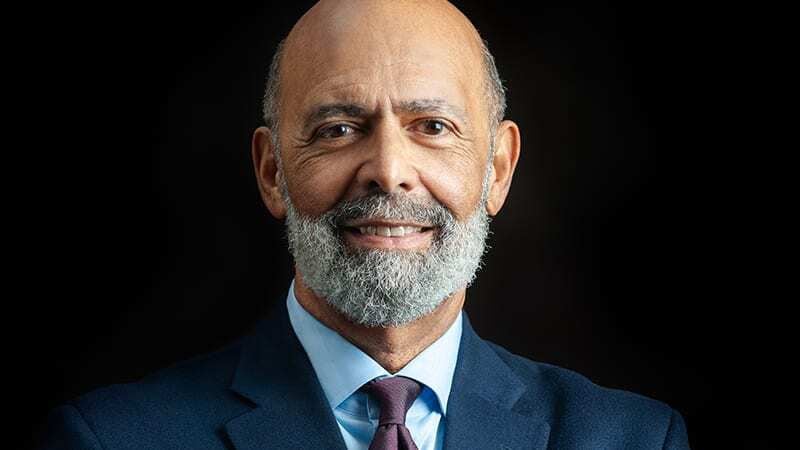In a guest column, former New York City Mayor Michael Bloomberg, founder of Bloomberg Philanthropies and Bloomberg L.P, and Michael Lomax, president and CEO of the United Negro College Fund, announce a new $10 million Bloomberg Philanthropies and UNCF initiative that teams up with HBCUs to create new public charter schools.
Lomax is also the former chairman of the Fulton County Commission in Atlanta, the first African American elected to that post.
By Michael Bloomberg and Michael Lomax
Over the past two years, the United States has made important strides to raise awareness of racial injustice. Yet at the same time, the country has also suffered a tragic regression in K-12 education that has been most devastating to poor Black communities, where remote instruction has been a calamity and learning losses often stretch to half a year. Like all children, Black children deserve — and America needs — more teachers and schools that empower them to excel. We are joining forces to create them.
The data shows persistent achievement gaps between Black students and their peers in all grade levels widened dramatically during the pandemic. Yet the actions that too many state and local governments are taking on K-12 education will continue to largely consign millions of Black children to a lifetime of diminished career prospects and worse.
It is time to face that hard truth, beginning with acknowledging — and acting on — what the data makes plain. Overall, Black children in urban areas are achieving significantly better results in public charter schools than in traditional district schools. There is nothing stopping America from replicating these successful schools in cities across the country except a lack of political will, from many elected officials in both parties.
Credit: Evan Agostini/AP
Credit: Evan Agostini/AP
High-performing charter schools create cultures of care, excellence and accountability and often feature longer school days and years than traditional public schools. They also do a better job of hiring Black teachers and principals. That matters, because studies show that when Black students have at least two Black elementary school teachers, they are substantially more likely to go to college.
Unfortunately, there are nowhere near enough high-quality charter schools to meet demand. There are also not enough Black teachers in charter classrooms, even though charters are doing better at recruiting and retaining diverse talent than traditional public schools.
To help address both shortfalls, Bloomberg Philanthropies and the United Negro College Fund are teaming up and enlisting partners who are perfectly positioned to make an enormous difference: America’s historically black colleges and universities.
Credit: Courtesy
Credit: Courtesy
The United Negro College Fund has long worked with HBCUs, which produce one in five Black college graduates and offer one of the strongest paths to the middle class for Black students. They also have a track record of excellence in graduating Black teachers. But the nation’s children need more of them.
To help fill the gap, Bloomberg Philanthropies will fund a new $10 million initiative at UNCF that will build on its work with HBCUs and their schools of education to help start new public charter schools, and recruit substantially more Black teachers and principals to work in them. This work could involve incubating new public charter schools on HBCU campuses, helping alumni to start new charters and supporting community-led efforts to open and expand charters.
Our partnership will play an important role in Bloomberg Philanthropies’ goal of creating 150,000 new classroom seats in high-quality charter schools in 20 U.S. metropolitan areas. Together, we will focus on the South, where 56% of all Black children live, but few have access to public charter schools. In Mississippi and Alabama, for instance, less than 5% of Black students attend charters. All five Lomax grandchildren were fortunate enough to attend high-quality charter schools in Atlanta. Many more kids should have the same opportunity across the South.
The timing is right for this initiative because teacher turnover rates have dramatically increased during the pandemic, and understandably so. Many teachers grew as frustrated with remote instruction as parents and children did.
Three generations after the landmark ruling in Brown v. Board of Education, it is outrageous and unacceptable that the color of children’s skin still often determines whether they receive a quality education. As remote classes finally end, we cannot pretend that going back to a broken status quo and tinkering around its edges will help close achievement gaps between Black children and their peers. It will not.
Real change must include designing more schools to empower children, hiring more teachers who inspire them, and holding everyone accountable for success. Our partnership with HBCUs will help many more children get the education they need to pursue their dreams — and fulfill them.
About the Author









